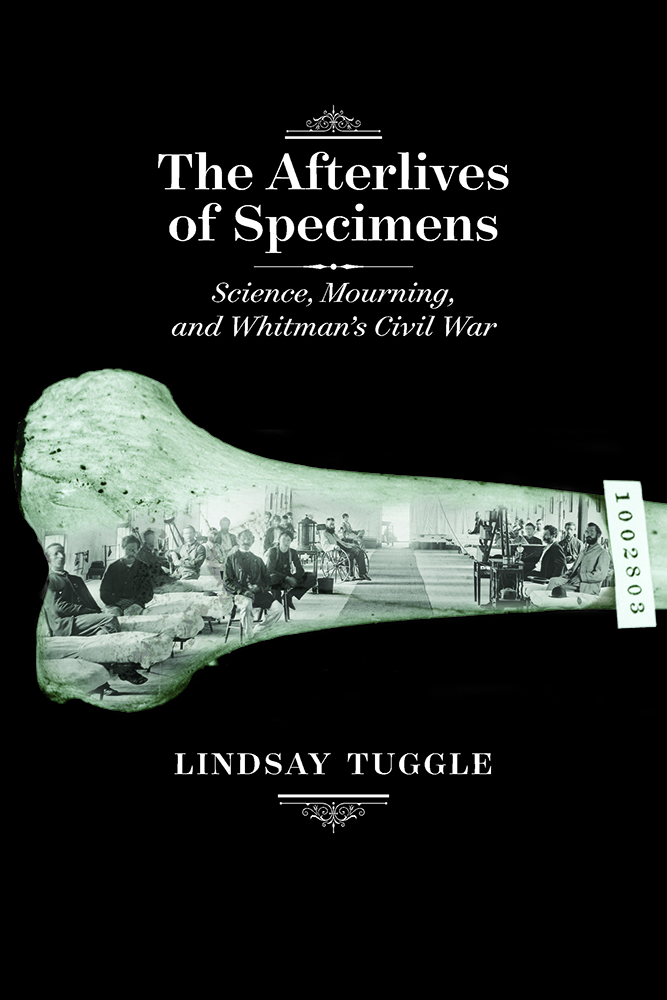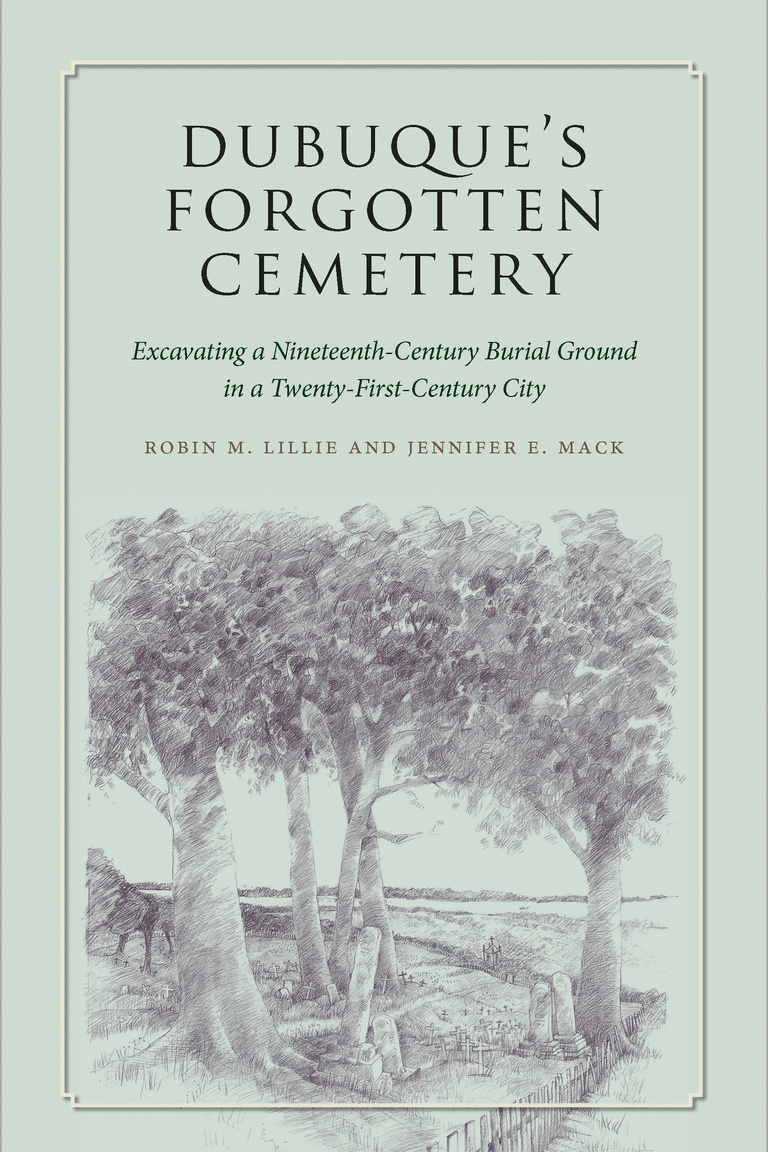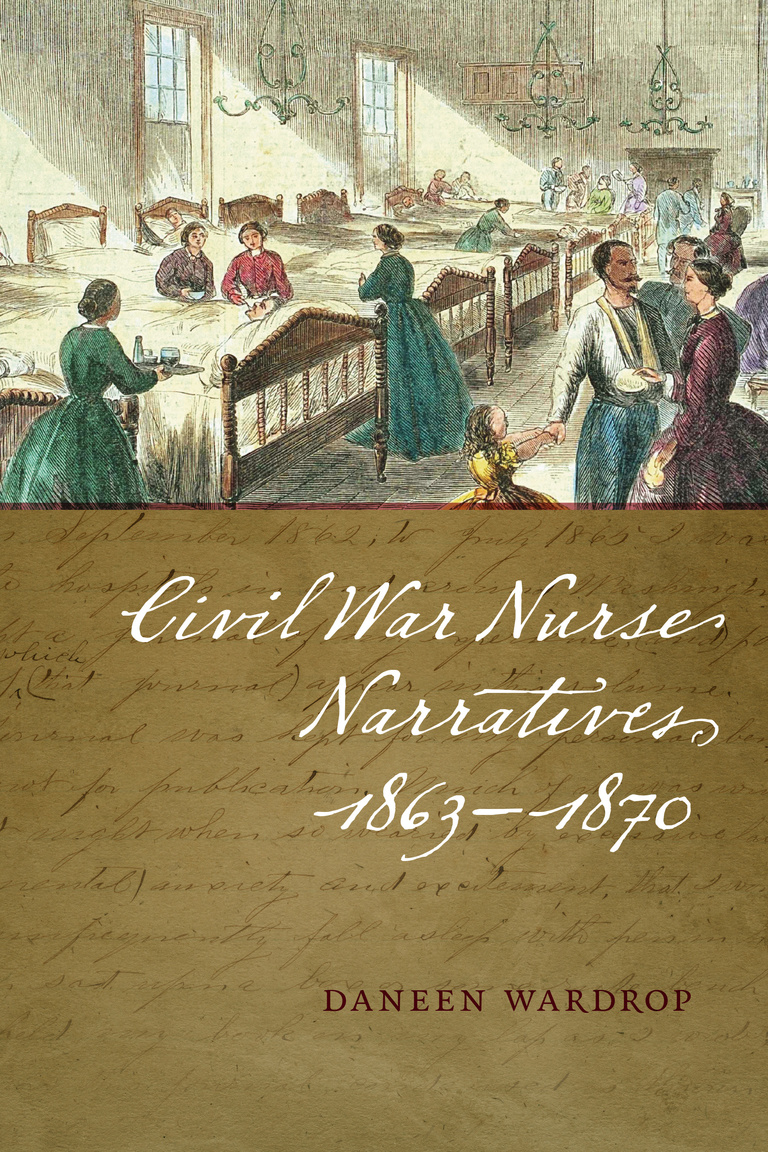The Afterlives of Specimens explores the space between science and sentiment, the historical moment when the human cadaver became both lost love object and subject of anatomical violence. Walt Whitman witnessed rapid changes in relations between the living and the dead. In the space of a few decades, dissection evolved from a posthumous punishment inflicted on criminals to an element of preservationist technology worthy of Abraham Lincoln's martyred corpse. Whitman transitioned from a fervent opponent of medical bodysnatching to a literary celebrity who left behind instructions for his own autopsy, including the removal of his brain for scientific study.
Grounded in archival discoveries, Afterlives traces the origins of nineteenth-century America’s preservation compulsion, illuminating the influences of botanical, medical, spiritualist, and sentimental discourses on Whitman’s work. Tuggle unveils previously unrecognized connections between Whitman and the leading “medical men” of his era, such as the surgeon John H. Brinton, founding curator of the Army Medical Museum, and Silas Weir Mitchell, the neurologist who discovered phantom limb syndrome. Remains from several amputee soldiers whom Whitman nursed in the Washington hospitals became specimens in the Army Medical Museum.
Tuggle is the first scholar to analyze Whitman’s role in medically memorializing the human cadaver and its abandoned parts.
“This is an exciting book. From the opening claim that Whitman’s word ‘specimen’ is etymologically grounded in voyeurism, Afterlives of Specimens is arresting in its insights. Well-researched and original, it makes a major contribution to Whitman studies while also contributing to Civil War history and to our understanding of the intersection of science and mourning.”—Kenneth Price, codirector, The Walt Whitman Archive
“This work will become quite important for Whitman scholars, but one of the reasons it is such an exciting volume is the contribution it makes to our overall understanding of attitudes toward and treatment of the body in the nineteenth century, particularly in the context of the Civil War. This work will appeal to a broad audience: certain anecdotes and pieces of information, while rather macabre (I challenge readers to forget the doctor who bound books in human skin), are so compelling that readers with a general interest in American history, the history of the Civil War, or in the history of medicine, will find it irresistible.”—Martin T. Buinicki, author, Walt Whitman’s Reconstruction
“This lively, fascinating work mines the rich history of medical science in the nineteenth century and draws illuminating connections to one of the most vital figures of American letters. Moreover, in laying bare these connections, Tuggle’s work shows the close connection between nineteenth-century medical debates and the development of letters in the US, and should be admired as a provocation for further work illuminating this under examined relationship. Between the surgeon’s scalpel and the writer’s pen, in short, there exists a complicated, interconnected history that The Afterlives of Specimens has done an estimable job of beginning to tell.”—American Literary History Online Review
“The preservation, exhumation, and exhibition of human remains become, in the hands of the literary critic Lindsay Tuggle, an illuminating basis for a provocative reassessment of America’s foremost poet, Walt Whitman. In The Afterlives of Specimens, Tuggle aligns Whitman’s life and work with the practice of preserving and learning from cadavers or body parts during the Civil War era. She offers new insights into Whitman’s poetics of the body, both by limning the history of body preservation and by considering his development using the work of various psychologists and literary theorists, including Sigmund Freud, Jacques Derrida, and Eve Kosofsky Sedgwick... Tuggle thoughtfully analyzes Whitman’s experience of mourning, in which melancholia, nostalgia and the poet's physical decline were entwined. With regard to Whitman’s 'specimen soldiers,’ she writes that 'as symbols of embodied mourning, Whitman’s specimens conjure psychic and physical attachments that were, melancholically, impossible to sever.’”—New York Review of Books
“The implications of mourning and of science have been kept separate in scholarship on Walt Whitman’s oeuvre; Tuggle demonstrates that they are, in fact, inextricably intertwined. Attending to the nuanced meaning of specimen (a word etymologically grounded in voyeurism), she establishes Whitman’s role in shifting cultural understandings of the body in the long shadow of the Civil War. She argues that for Whitman the specimen inhabits 'the threshold between scientific exploration and melancholic attachment,’ bridging the intimacy of melancholia with the anonymity of mass carnage.”—American Literature


